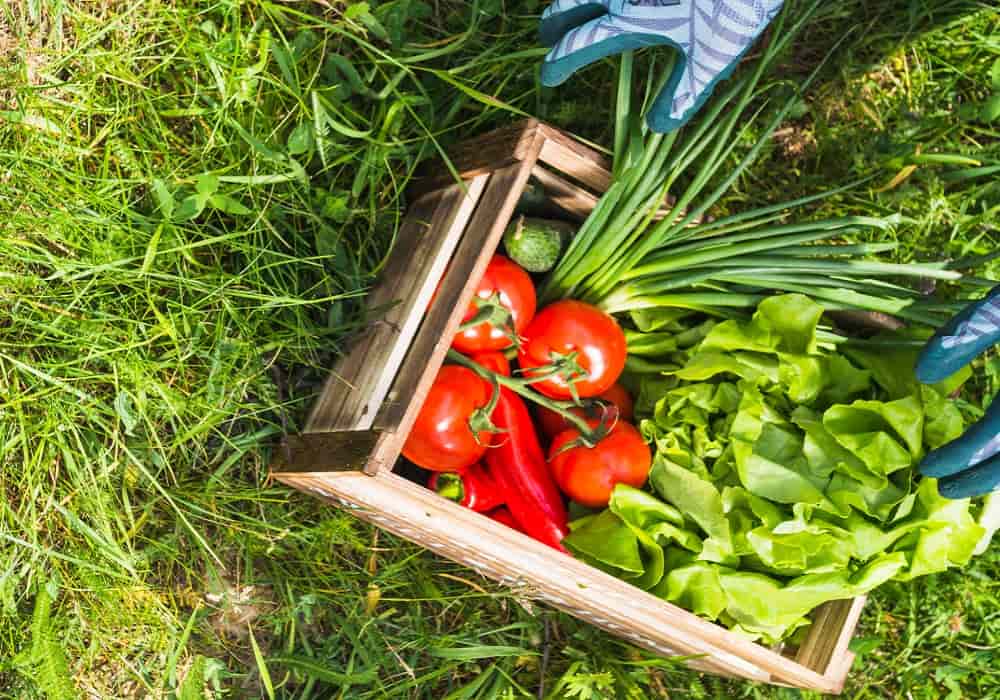The Ultimate Guide to Selecting Vegetable Garden Plants for Indian Climates
Gardening enthusiasts in India often face unique challenges due to diverse climate zones. From the hot, arid regions to the tropical coastal areas, understanding the local climate is crucial when selecting vegetable garden plants. This guide will help you pick the right vegetables that not only thrive in India’s varying climates but also yield high-quality produce for your kitchen.
1. Understanding Indian Climates
India has a wide range of climates, from the dry deserts of Rajasthan to the humid coasts of Kerala and the temperate highlands in the north. Therefore, knowing your specific region’s climate will guide your selection of vegetable garden plants.
- Tropical (Southern & Coastal regions): Warm temperatures and high humidity allow for year-round gardening.
- Arid (Western India): These regions experience extreme heat and scarce water, making drought-tolerant vegetables ideal.
- Temperate (Northern Highlands): Cooler temperatures favor short-season crops and cool-weather vegetables.
- Subtropical (Northern Plains): Hot summers and cool winters support a variety of vegetables in different seasons.
2. Top Vegetable Garden Plants for Indian Climates
Below is a breakdown of ideal vegetable plants based on India’s diverse climates. No matter where you live, you can find the right vegetables to grow in your garden.
A. Warm-Climate Vegetables
Regions like Kerala, Karnataka, and Tamil Nadu with tropical climates can support heat-loving vegetable garden plants.
- Okra (Bhindi): Okra is one of the easiest vegetables to grow in warm climates. It can withstand drought and grows best in warm, bright weather.
- Eggplant (Brinjal): Eggplant requires warm weather, well-drained soil, and consistent watering. This is a common vegetable in Indian cooking.
- Chilies: These spice-packed plants love the heat and grow best when temperatures are consistently high.
- Cucumbers: They require plenty of sunlight and water, making them perfect for warm regions. Cucumbers grow rapidly in the heat and can be harvested multiple times in a season.
- Tomatoes: While tomatoes can grow in most climates, they especially thrive in warmer regions where sunlight is abundant.
B. Drought-Tolerant Vegetables
For arid regions such as Rajasthan and Gujarat, it’s essential to choose drought-resistant vegetable garden plants.
- Bottle Gourd (Lauki): This heat-tolerant vegetable grows easily in regions with limited water. The vines spread quickly, and they produce large, hydrating gourds.
- Cluster Beans (Guar): Guar is a hardy vegetable plant that can tolerate dry conditions and requires minimal care.
- Methi (Fenugreek): Known for its medicinal properties, methi grows well in arid climates and requires less water.
- Drumstick (Moringa): Another drought-tolerant plant, drumsticks are loaded with nutrients and are an excellent choice for dry areas.
C. Cool-Season Vegetables
In northern India’s temperate and subtropical regions, such as Himachal Pradesh and parts of Uttar Pradesh, winter gardening is possible with the right choice of vegetable garden plants.
- Spinach: Spinach prefers cooler temperatures and grows quickly. It’s rich in iron and perfect for temperate climates.
- Carrots: These root vegetables thrive in cool weather, and they can be grown from late fall to early spring in northern India.
- Radishes: Fast-growing and cool-weather-loving, radishes mature quickly, making them perfect for short growing seasons.
- Cabbage: Cabbage requires cooler temperatures to grow large heads. It is an excellent vegetable for northern highlands and cooler regions of India.
D. Subtropical Vegetables
In regions like Punjab and Haryana, with a mix of hot summers and cool winters, many vegetable garden plants can thrive year-round.
- Peas: Peas grow well in the cool season, especially in late winter and early spring, offering an abundance of fresh pods.
- Beans: Beans are versatile and grow well in both summer and winter months, depending on the variety.
- Beetroot: This root vegetable thrives in cooler temperatures and is ideal for late winter planting.
- Capsicum (Bell Peppers): Bell peppers grow best in subtropical climates, and they add vibrant colors to your garden while providing a healthy yield.
3. Tips for Success in Growing Vegetable Garden Plants in India
A. Soil Preparation
The foundation of any successful vegetable garden is healthy soil. In India, soil quality varies across regions, so it’s important to enrich it with organic compost, manure, or biofertilizers. Ensure the soil drains well and isn’t too compact to allow the roots to thrive.
B. Watering Practices
Proper watering is crucial for your vegetable garden. In dry areas, water-saving techniques such as drip irrigation can help conserve water while ensuring the plants get enough moisture. For regions with heavy rainfall, raised beds or proper drainage systems can prevent waterlogging.
C. Sunlight Requirements
Most vegetable garden plants need plenty of sunlight, at least 6-8 hours a day, to grow healthy and productive. However, some vegetables, like leafy greens and root vegetables, can tolerate partial shade, making them suitable for gardens with limited sunlight.
D. Pest Control
India’s warm climate is ideal for pests such as aphids, caterpillars, and snails. Use organic pest control methods such as neem oil, garlic spray, or companion planting to protect your vegetable garden plants.
E. Seasonal Planting
To ensure a continuous harvest, stagger your planting by season. For example, plant cool-season vegetables in early spring or late autumn, and warm-season vegetables during summer months. This strategy will maximize your garden’s output.
4. Conclusion
Selecting the right vegetable garden plants for your specific Indian climate is key to successful home gardening. Whether you’re living in a tropical, arid, temperate, or subtropical region, you can grow a variety of vegetables year-round with the right techniques. By choosing plants suited to your local climate and paying attention to soil, water, and sunlight, you can enjoy fresh, homegrown produce that enhances your meals and improves your health.






